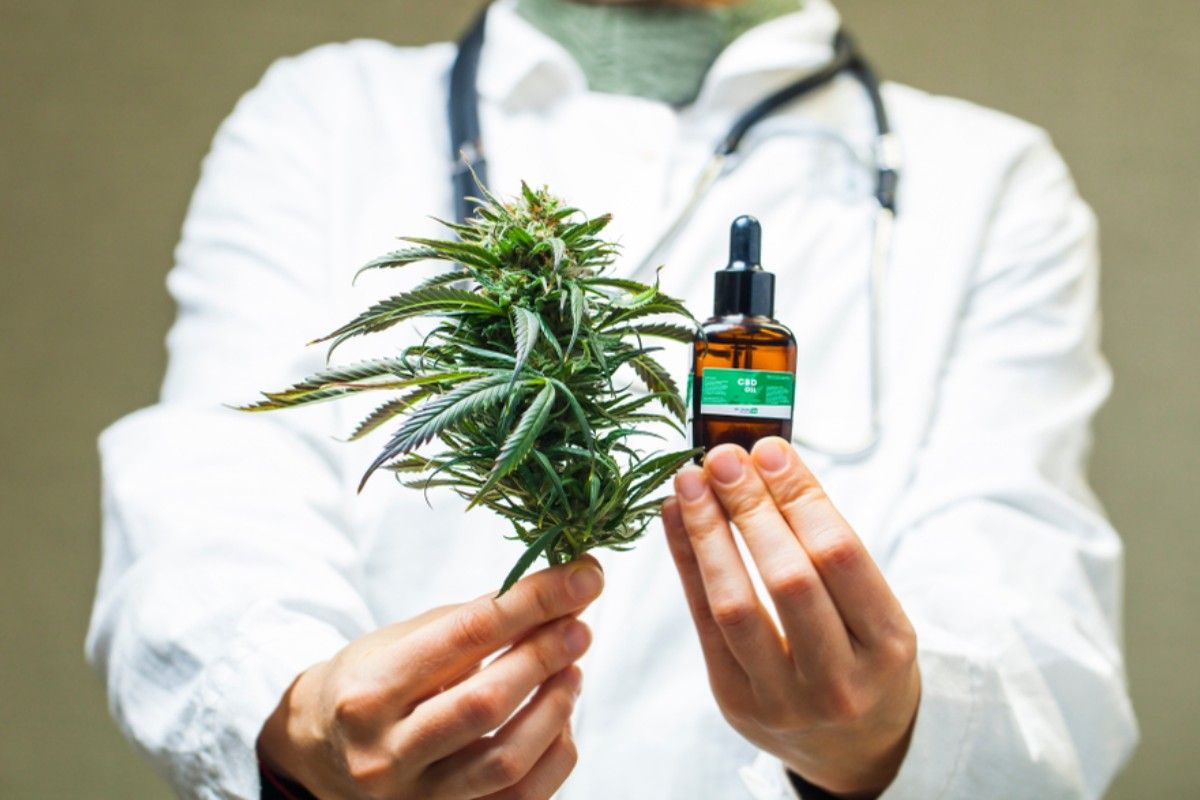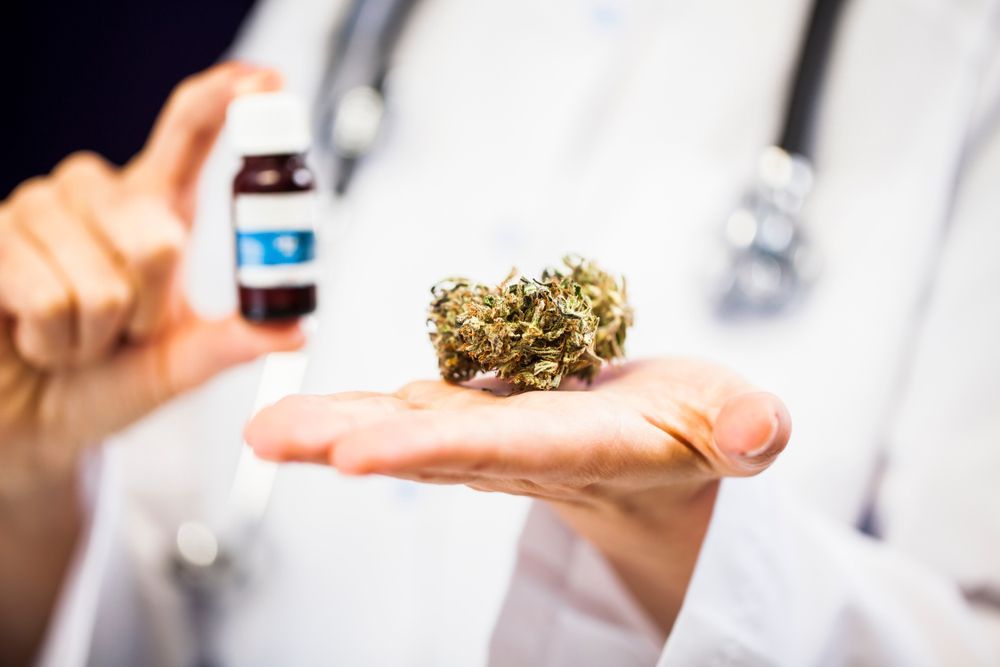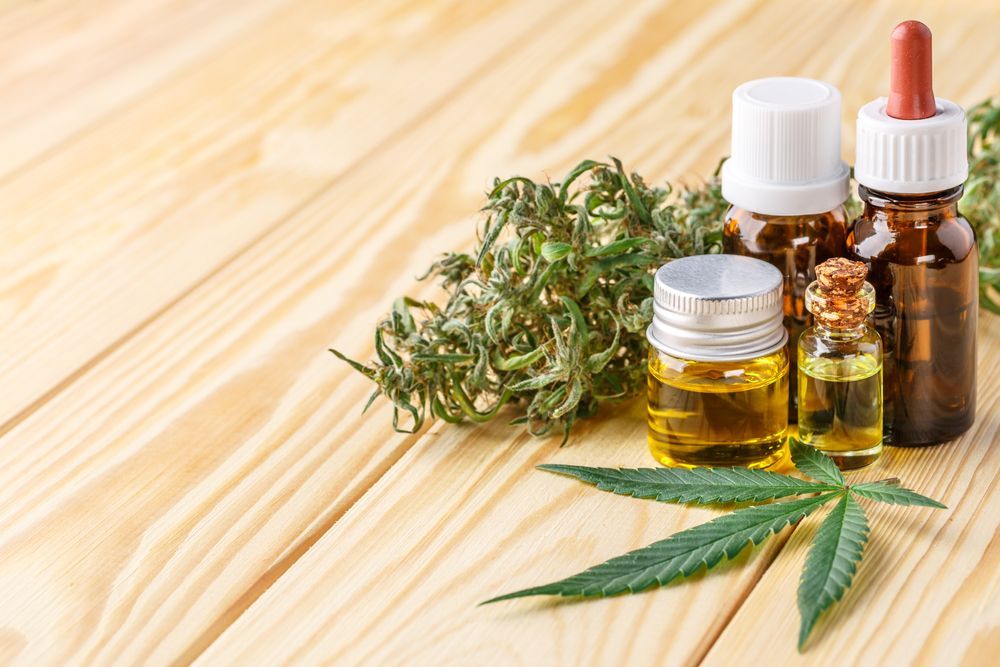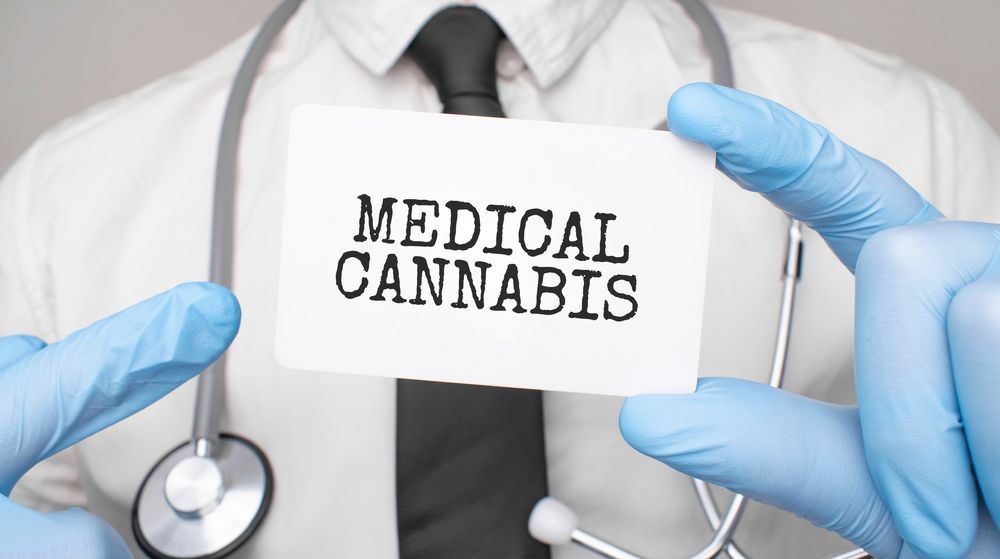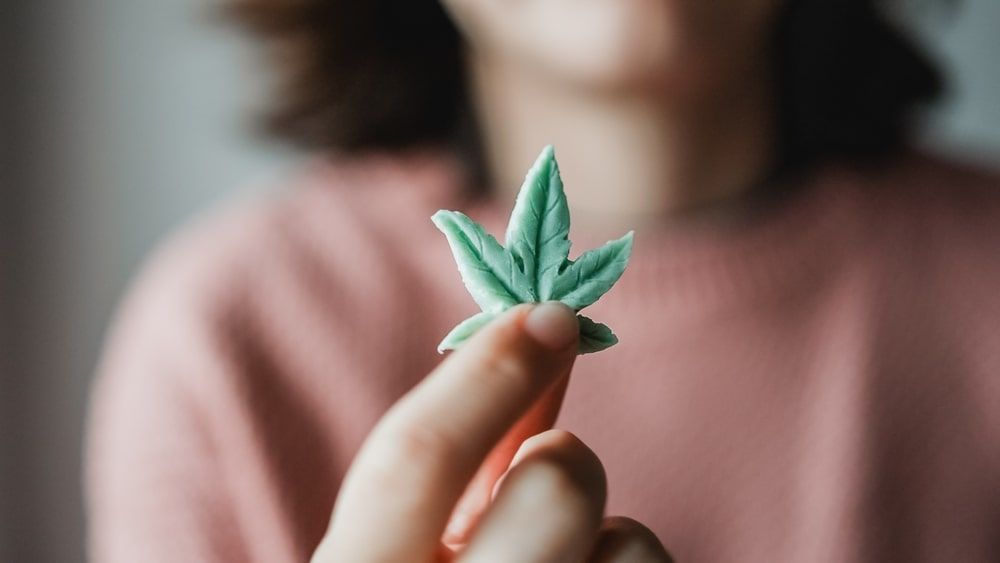Cannabidiol (CBD) vs. Hemp Oil: Uses, Side Effects and More
Are you curious about natural health products but unsure about the differences between CBD and hemp oil? You're not alone. Many people find these terms confusing. This guide will help you understand what sets them apart and how each can benefit you.
Understanding Cannabidiol (CBD)
What is CBD?
CBD stands for cannabidiol. It's a compound found in the hemp plant, mainly in the flowers, leaves, and stalks. Unlike THC, another compound in hemp, CBD does not make you feel high.
Chemical Composition
CBD contains cannabinoids, which interact with your body's endocannabinoid system. This system helps regulate things like mood, pain, and sleep.
Extraction Methods
To get CBD, producers use methods like CO2 extraction and ethanol extraction. These methods help ensure the CBD is pure and potent.
Legal Status
The legality of CBD varies. In many places like the USA and parts of Europe, CBD is legal if it contains less than 0.3% THC. Always check your local laws before buying.
Potential Benefits and Uses
CBD may help with pain relief, anxiety, and depression. Some studies suggest it has neuroprotective properties, which could help with conditions like epilepsy. It's also used for general wellness.
Side Effects and Risks
Common side effects include tiredness, changes in appetite, and diarrhea. It might also interact with other medications, so consult your doctor before using CBD.
Understanding Hemp Oil
What is Hemp Oil?
Hemp oil, also known as hemp seed oil, comes from the seeds of the hemp plant. It’s different from CBD oil because it doesn’t contain cannabinoids.
Chemical Composition
Hemp oil is rich in nutrients. It has omega-3 and omega-6 fatty acids, vitamins, and minerals, making it great for your health.
Extraction Methods
Producers usually extract hemp oil by cold pressing the seeds. This method keeps the nutritional content intact.
Legal Status
Hemp oil is generally legal in most places, including the USA and Europe, because it doesn’t contain THC.
Potential Benefits and Uses
Hemp oil is a popular nutritional supplement. You can add it to your diet for its health benefits. It's also good for your skin and is used in many beauty products. Some people use it for cooking.
Side Effects and Risks
Hemp oil is safe for most people. However, some might experience mild side effects like digestive issues. It’s also important to store it properly to avoid it going rancid.
Key Differences Between CBD and Hemp Oil
Source and Extraction
CBD comes from the flowers, leaves, and stalks of the hemp plant. Hemp oil comes from the seeds.
Chemical Composition
CBD contains cannabinoids. Hemp oil does not. Instead, hemp oil is packed with nutrients.
Legal Considerations
CBD's legal status can be complicated because of its THC content. Hemp oil is usually straightforwardly legal.
Usage and Applications
Use CBD for potential medical and therapeutic benefits. Use hemp oil as a nutritional supplement and for skincare.
How to Choose Between CBD and Hemp Oil
Identifying Your Needs
Think about what you want. Are you looking to relieve pain or anxiety? CBD might be the answer. Want a health boost in your diet? Try hemp oil.
Product Quality and Purity
Always check product labels. Look for third-party testing to ensure quality.
Consulting with Healthcare Professionals
Talk to your doctor before starting any new supplement, especially if you’re on medication.
Market Trends and Consumer Insights
Current Market Trends
Both CBD and hemp oil are becoming more popular. New products are coming out all the time, offering more choices for consumers.
Consumer Preferences and Feedback
People love the health benefits they get from both CBD and hemp oil. Reviews and testimonials can help you decide which product to try.
Future Prospects
As research continues, we may discover even more uses and benefits for both CBD and hemp oil.
Conclusion
Understanding the differences between CBD and hemp oil helps you make better choices for your health. Always consult with professionals and choose products that meet your specific needs.


